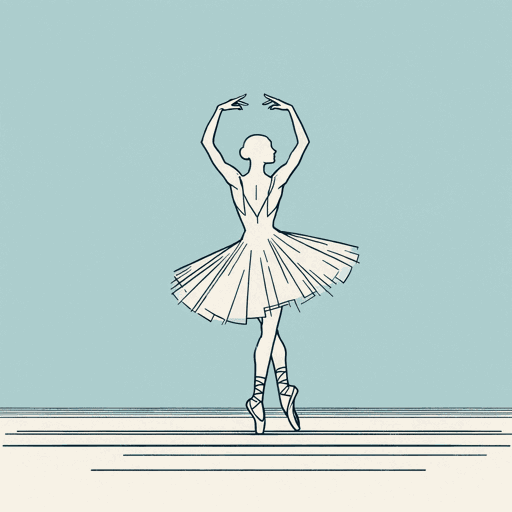42 pages • 1 hour read
Modris EksteinsRites of Spring: The Great War and the Birth of the Modern Age
Nonfiction | Book | Adult | Published in 1989A modern alternative to SparkNotes and CliffsNotes, SuperSummary offers high-quality Study Guides with detailed chapter summaries and analysis of major themes, characters, and more.
Important Quotes
“If there has been a single principal theme in our century’s aesthetics, it is that the life of imagination and the life of action are one and the same.”
(Prologue, Page 4)
Eksteins’s assertion about the entwinement of imagination and action in the modern era prefigures his argument that the ideals and politics of the imagination led to warfare.
“Some people, like Gertrude Stein, so captivated, even in retrospect, by this early twentieth-century ‘happening,’ have implied that they were present when they were clearly not. Can one blame them? To have been in the audience that evening was to have participated not simply at another exhibition but in the very creation of modern art, in that the response of the audience was and is as important to the meaning of this art as the intentions of those who introduced it.”
(Act 1, Part 1, Page 15)
Eksteins describes the paramount importance of the 1913 premiere of “The Rite of Spring’s” in Paris, as those with cultural cachet—such as the writer Gertrude Stein—wished to enmesh themselves in the mythology of the evening. They wanted to be part of the audience whose first response contributed to the ballet’s seismic affect.
“The themes were exotic, usually Russian or oriental. The music was different. And the dance was not simply an attempt to relate movement to sound but to express sound in movement.”
(Act 1, Part 1, Page 25)
In conjuring an impression of the Russian Ballet’s synesthetic appeal as it united the elements of music and dance and made them almost synonymous, rather than having the dance illustrate the music, Eksteins demonstrates the Russian Ballet’s likeness to Wagner’s Gesamtkunstwerk. The new Russian and oriental themes disrupted European bourgeois sensibilities.


